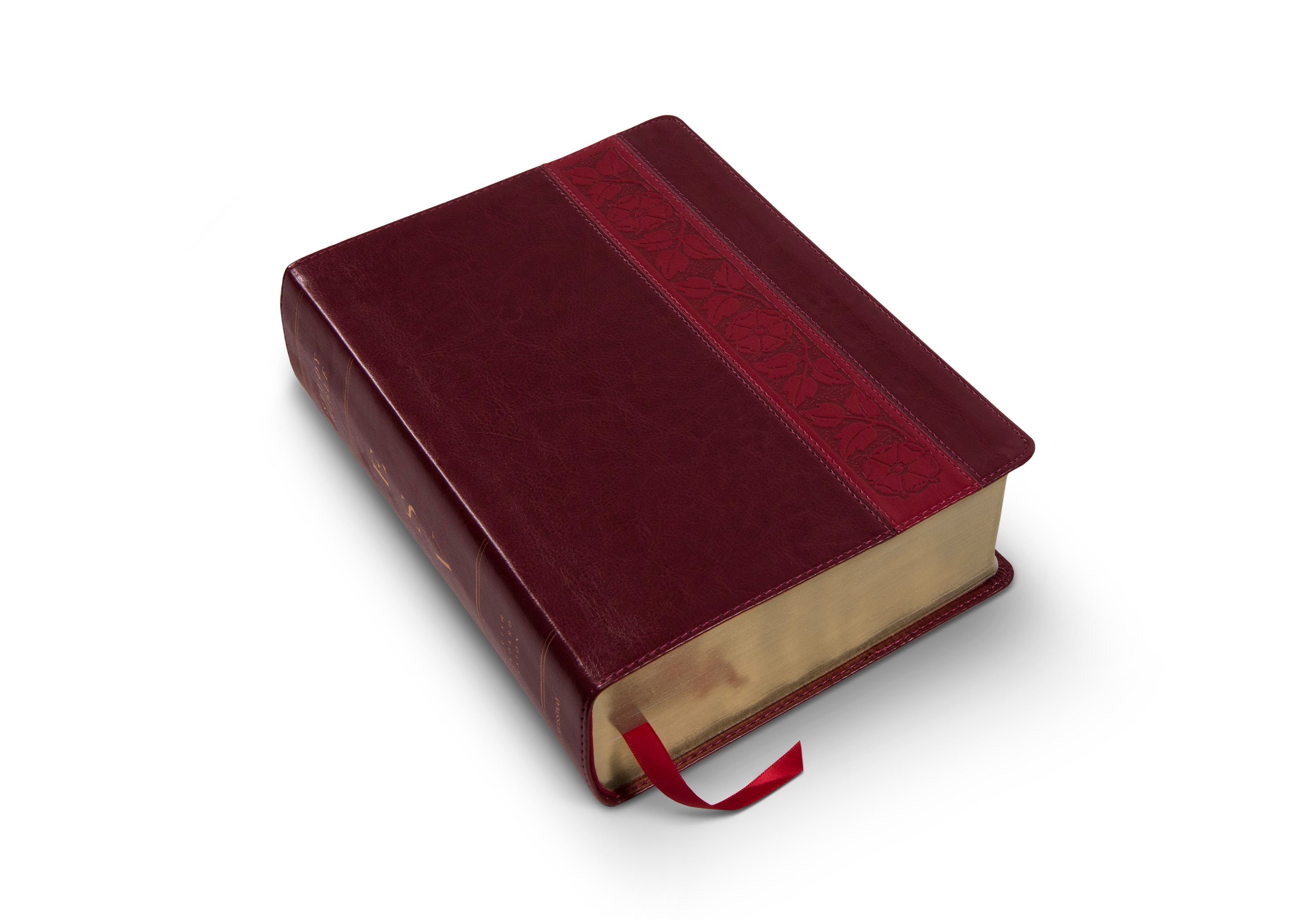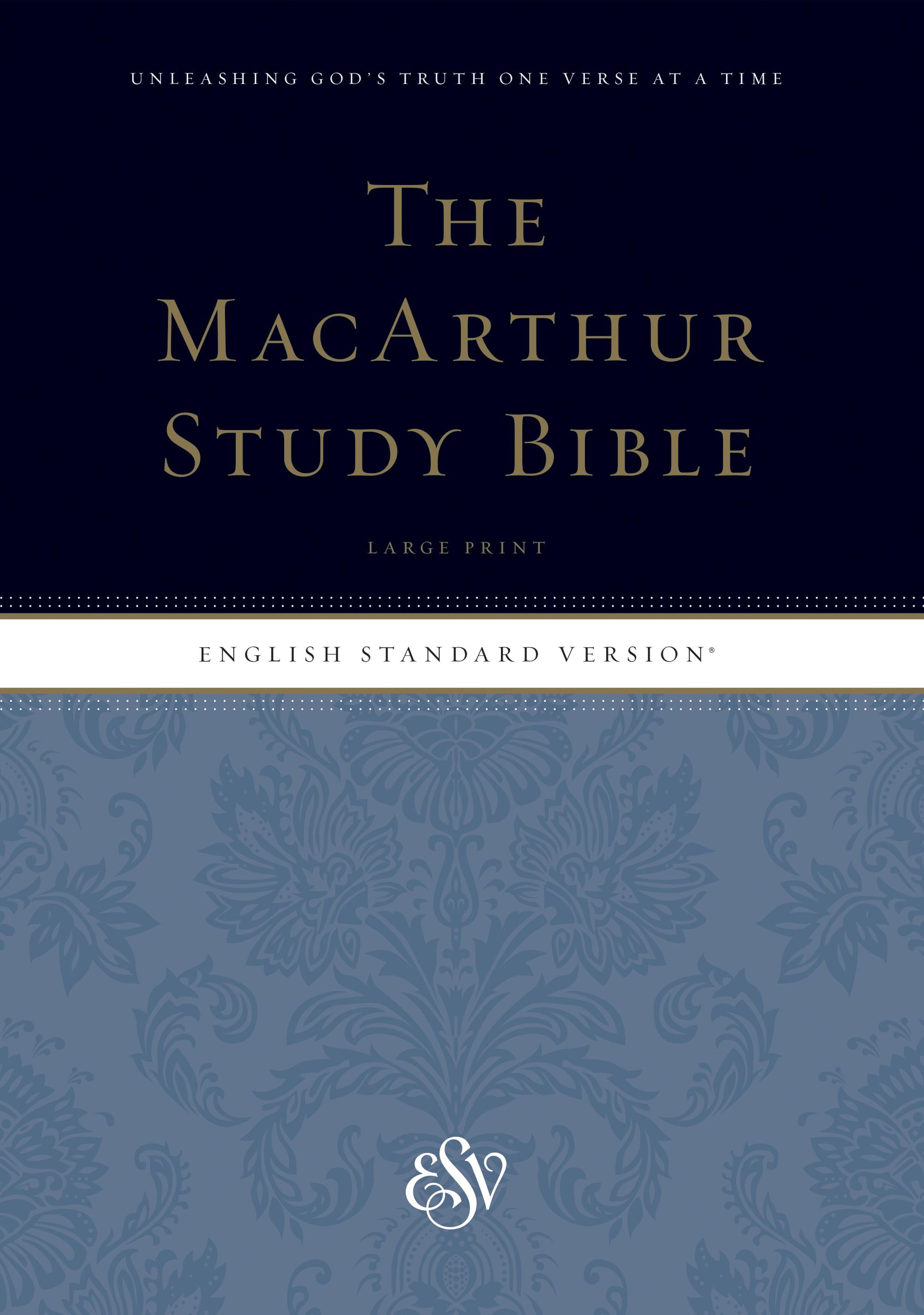

Repeatedly he charges Israel to keep the Law. Moses reminds them of God's faithfulness and love, but also of God's wrath on the previous generation of Israelites because of their rebellion. It includes an extended review of the Ten Commandments ( 4:44- 5:33) and Moses' farewell address to a new generation of Israelites as they stand ready to take possession of the Promised Land. Traditionally, Jews and Christians recognize Moses as the author, writing during the final year of his life.ĭeuteronomy, which means "second law," is a retelling by Moses of the teachings and events of Exodus, Leviticus, and Numbers. Numbers ends with a new generation preparing for the conquest of Canaan. Throughout the book, God is seen as a holy God who cannot ignore rebellion or unbelief, but also as the one who faithfully keeps his covenant and patiently provides for the needs of his people. But when they refused to take possession of the Land, God made them wander in the wilderness for nearly forty years. Numbers tells how God's people traveled from Mount Sinai to the border of the Promised Land. However the Hebrew title, "In the Wilderness," is more descriptive of the book.

The English title "Numbers" comes from the two censuses that are central features of this book. Traditionally, Jews and Christians recognize Moses as the author, writing sometime after the giving of the Law. The book also shows that God graciously provides atonement for sin through the shedding of blood. The central message is that God is holy and he requires his people to be holy. 40:34-38) and God now tells Moses to instruct the Levitical priests and the people of Israel concerning sacrifices, worship, the priesthood, ceremonial cleanness, the Day of Atonement, feasts and holy days, and the Year of Jubilee. The glory of the Lord had just filled the tabernacle ( Ex. Leviticus begins with the people of Israel at the foot of Mount Sinai. Traditionally, Jews and Christians recognize Moses as the author, writing sometime after the Exodus from Egypt. He also led the nation in the building of the tabernacle, a place where God's presence dwelled among his people and where they made sacrifices for sin. Moses, under the direct command of God and as leader of Israel, received the Ten Commandments from God, along with other laws governing Israel's life and worship. though many prefer a date around 1260 b.c.Įxodus tells of God fulfilling his promise to Abraham by multiplying Abraham's descendants into a great nation, delivering them from slavery in Egypt, leading them to the Promised Land, and then binding them to himself with a covenant at Mount Sinai. Traditionally, Jews and Christians have recognized Moses as the author, writing after the Exodus from Egypt, commonly dated around 1440 b.c. 1-4), continuing through Noah, Abraham, Isaac, and Jacob, and ending with the life of Joseph ( chs.

Genesis includes some of the most memorable stories in the Bible, beginning with Adam and Eve ( chs. But it also tells of humanity's tragic fall into sin and death, and of God's unfolding plan of redemption through his covenant with Abraham and his descendants.

It shows that God is both the Creator and the Ruler of all creation. Genesis tells us that God created everything that exists. As its name implies, Genesis is about beginnings.


 0 kommentar(er)
0 kommentar(er)
